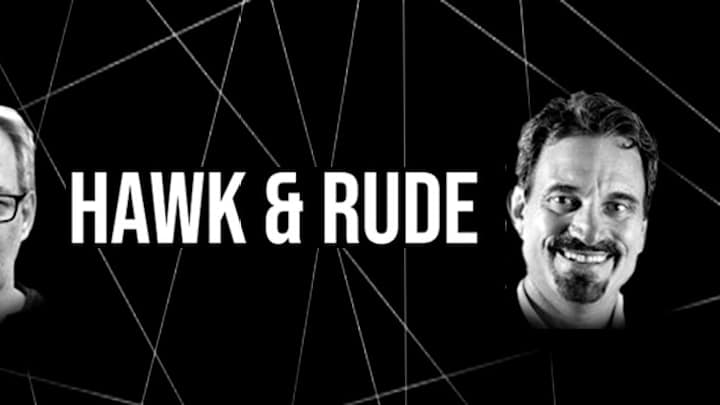Don’t be so quick to saddle Patrick Reed with ‘C’ label

Longtime golf journalists John Hawkins and Jeff Rude are co-hosts of a weekly podcast, Hawk & Rude, in which they discuss and debate the hottest issues in golf. They also share their takes in this weekly installment.
Given his most recent brush with the law at last week’s Hero World Challenge, is Patrick Reed’s looseness with the rules a forgivable offense or a sign of a cheater?
Hawk’s take: If you choose to overreact to Reed’s latest unsavory adventure, that’s your prerogative. Keep in mind, however, that Tiger Woods had three separate rules-related contraventions in 2014 alone, and that Phil Mickelson made a mockery of the game’s regulations by swatting a moving ball at the 2018 U.S. Open. Yes, Reed is a punk. An unlikeable, finger-pointing farce at times, but a cheater? Be careful where you step, my friend.
Using the C word to describe Reed’s behavior in the Bahamas – his second such offense at the same tournament during the past four years – is to imply clearly a willful intent to violate the rules. Such a characterization isn’t libelous, but in this case, it’s a titch unfair and definitely over the top. It’s every bit as presumptive as comments made by International team member Cameron Smith shortly after the infraction was assessed.
Reed was given a two-stroke penalty for the violation and was his usual deflective self when commenting about it afterward, but seriously, did you expect an apology or a full confession? Not every criminal can be accused of premeditated malevolence. If the shoe doesn’t fit….
Rude’s take: I’m uncomfortable branding someone a cheater without knowing the intention in one’s mind. Golf’s scarlet letter of C should not be tossed around loosely. But because Patrick Reed already has a rap sheet of past transgressions dating to his college days, doubt will follow him, and whatever popularity he has figures to wane.
Reed said he didn’t intend to improve his lie and thus did not cheat with those two practice swings in that sandy waste area – a violation that cost him two penalty strokes and a hit to his reputation. Curiously, he gave the impression that he didn’t realize that sand was flattened during the rehearsal swings.
Once again, he did himself no public-relation favors. Instead of somehow saying a different camera angle might have shown no violation, when clearly there was, he would have been better served admitting the mistake and apologizing. We wouldn’t be talking about this had he called a penalty on himself.
So, this is more about strikes, not strokes, against him.
